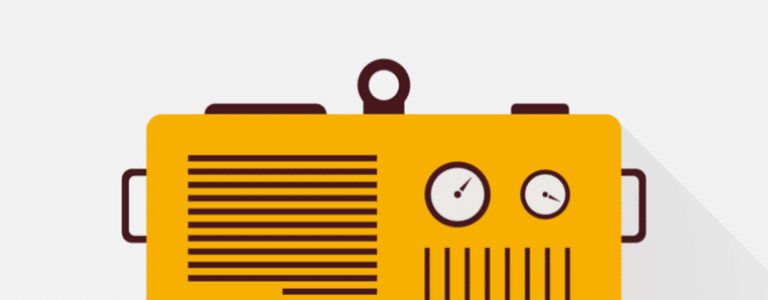Severe winter weather, hurricanes, flooding, and hail are just a few storm types that can cause sudden system-wide power grid failure. Going without power even for a few days can dramatically lower a homeowner’s quality of life and make recovering from a storm difficult.
Losing food stores, having little access to clean water, and inescapable outside temperatures are just a few of the hardships faced by homeowners experiencing extended power outages.
With these obstacles in mind, many homeowners – especially homeowners who live in an area prone to severe seasonal bad weather – have chosen to buy generators for the purpose of supplying energy during power outages.
In this article, we will cover the risk generators pose to your community and how you can protect your association from the possible negative effects of improper generator usage.
Generator Risk
If a homeowner buys a generator that accurately reflects their home’s energy needs during a power grid failure and follows the correct safety protocols, generators are a perfectly safe option for homeowners to lean on during times of severe inclement weather.
Most of the danger associated with generator usage occurs when generators are placed in an unsafe place, they’re improperly set up, or they’re not refueled correctly.
Carbon Monoxide Poisoning
Generators produce high levels of carbon monoxide. For this reason, when you’re creating a generator policy for your HOA, we recommend the following guidelines:
- Actively educate your homeowners on the dangers of placing a generator in an enclosed space or near windows, doors, or vents that open to the house.
- When homeowners submit an ACC/ARC request for adding a generator to the outside of their home, require the installation of CO detectors in their home as an added precaution.
Electrocution
Many generators operate in wet conditions like ice and snow. Additionally, people sometimes improperly power them using a technique called “back feeding” (sometimes also called “using suicide cords”). For these two reasons, generators pose an increased risk for electrocution.
In order to protect your association’s members from a member’s improper generator use, we recommend instituting the following guidelines:
- Require your homeowners to install their generators away from the house, underneath an open canopy.
- Mandate your homeowners place their generator on a surface where water cannot reasonably puddle around it.
- Ensure that the generator installation will only occur with the help of a licensed electrician.
Fire
Portable generators in particular offer an increased risk of fire due to their need for gasoline. Since portable generators are, by their very definition, mobile, it is unlikely you will be able to enforce safety measures the way you can with home standby generators.
Instead, we recommend a robust communication strategy that includes educating your homeowners on the fire risks associated with using portable generators. We recommend:
- Explaining the importance of turning your generator off and letting it cool down completely before refueling it (gas that touches a hot engine can ignite).
Other Recommendations
When drafting HOA policy regarding generators, check your governing documents and any relevant federal, state, and local statutes for guidance on what you can, and can’t, enforce.
If you determine that your governing documents and ACC/ARC guidelines don’t accurately reflect generator installation best practices, we recommend you work with an attorney to draft addendums that will offer your association, and its homeowners, maximum protection.
With the right safety measures in place, associations do not have to worry about the risk associated with members using their generators. If you would like to learn more about how to protect your association from risk, reach out to a Blue Lime agent.





